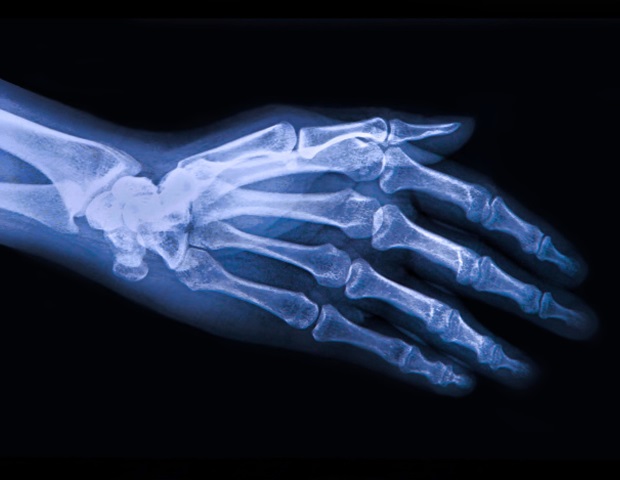Knee osteoarthritis (OA) is a common cause of pain and joint stiffness. And while physical activity is known to ease symptoms, only one in 10 people regularly exercise. Understanding what contributes to patients' inactivity is the focus of a world first study from the University of South Australia.
Here, researchers have found that people with knee OA unconsciously believe that activity may be dangerous to their condition, despite medical advice telling them otherwise. The study found that of those surveyed, 69% of people with knee pain had stronger implicit (unconscious) beliefs that exercise was dangerous than the average person without pain. It's an interesting finding that not only highlights the conflicted nature of pain and exercise, but also that what people say and what people think, deep down, may be entirely different things.

Lead researcher, and UniSA PhD candidate based at SAHMRI, Brian Pulling, says the research provides valuable insights for clinicians treating people with knee OA. Research shows that physical activity is good for people with knee OA, but most people with this condition do not move enough to support joint or general health. To understand why people with OA might not be active, research studies typically use questionnaires to assess fear of moving.
But unfortunately, questionnaires are limited – what we feel deep down (and how our system naturally reacts to something that is threatening) may be different to what we report. And we still know tha.























